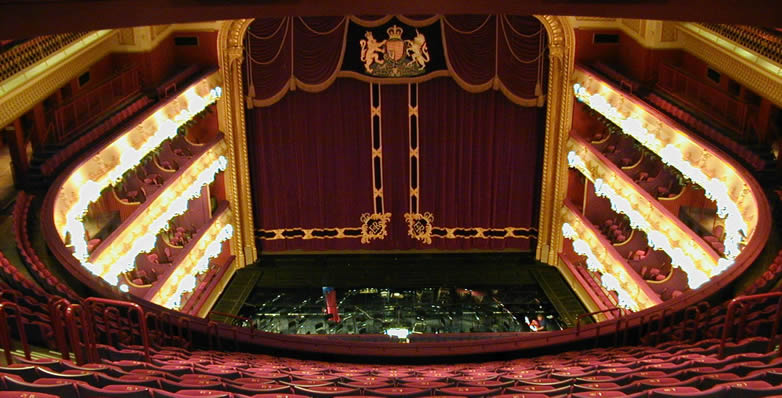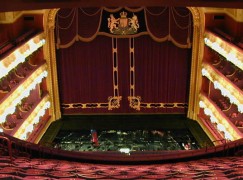Outrage at Covent Garden chairman’s elitist remarks
mainIntroducing the ROH’s new day-long bars and shops, the oil magnate Ian Taylor told an ES interviewer:
‘I had a real desire to knock out all this elitism … we want to make clear that what we offer is still really top quality, that we are not in any way dumbing down the programme. But I want everybody to feel they can come here and enjoy the ballet and opera as much as they want to, or nor at all.’
Not a particularly controversial remark. But it has provoked fury among regular attenders.
One example from www.balletcoforum:
Dear Mr Taylor:
We’ve never met but you can look me up in your database if you feel the need. I’ve just done a rough tally and see I’ve spent more than £12,000 on ROH tickets in the past five years. Your restaurants and bars have had a good innings, too: about £10,000 over the same period. Now that may be an insignificant little sum to a mam who ‘made his many millions in oil and gas commodities,’ but to me it is a considered choice to forgo other pleasures and put my disposable income into the Arts. That would be your Arts,Mr. Taylor, ballet and opera at the ROH.
Now many would consider me a valued customer and I say this not because of the amount I spend but because of the regularity of my spending.with the organisation of which you are Chairman. But according to tonight’s Evening Standard, I’ve got that all wrong. It would seem I am part of the despised elite which you are ‘determined to knock out.’ …

It’s about pleasing most of the customers most of the time, Mr T.






Comments